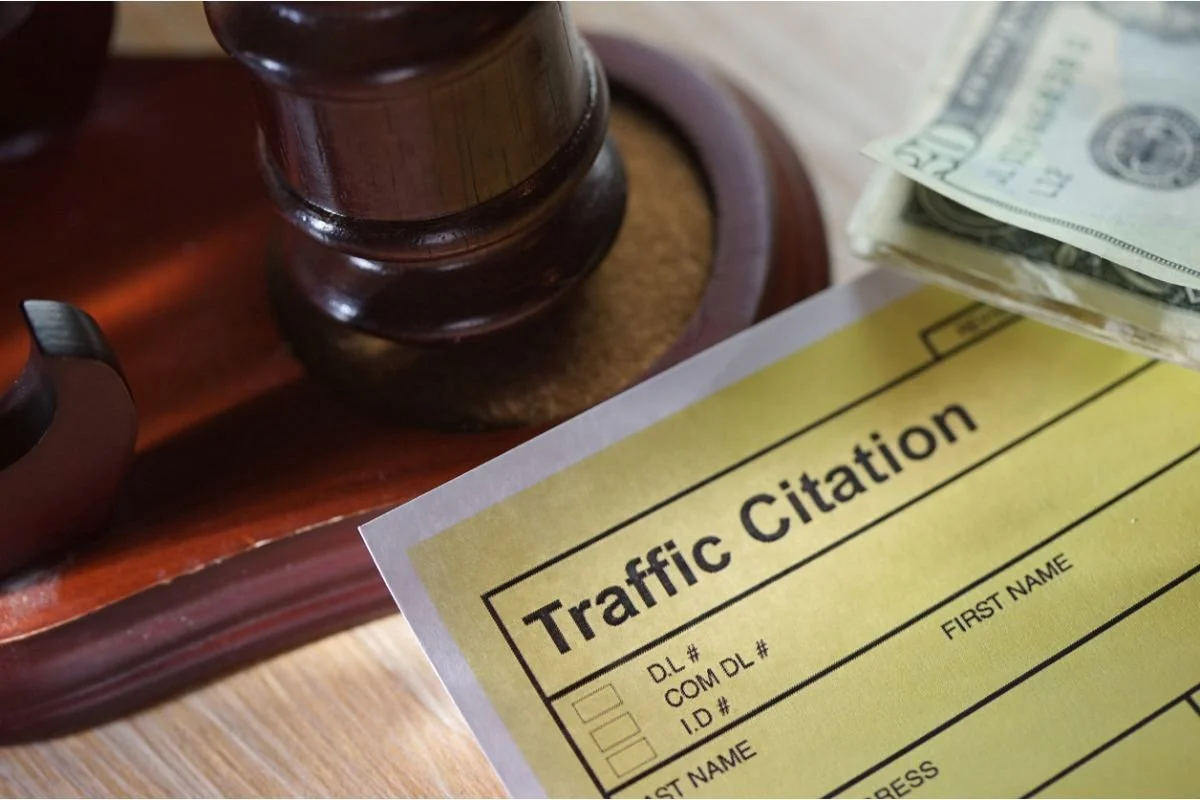Process of Fighting a Traffic Citation in Wake County, North Carolina
Before you pay a traffic citation, it is important to understand the consequences that may follow. Paying a traffic citation is typically treated as pleading guilty, and may in some cases add points to your driving record or raise your insurance premiums. You typically have the option to plead guilty by paying the ticket, plead not guilty and request a trial, or in some cases pursue pretrial disposition programs. This guide explains how to contest a traffic citation and make sure you are prepared for court in Wake County.
Legal disclaimer: I am not your attorney. This article provides general information and not legal advice. Because local procedures and laws change, verify specific deadlines, forms, and local rules with the Wake County Clerk of Court, the North Carolina Department of Motor Vehicles (DMV), or a licensed North Carolina attorney before you take action. Attorneys at Betham Law are available to assist you with your legal needs, contact us via this link.
Read the ticket immediately for key information. Your citation will contain critical information including the charge, the issuing agency, the court, and a deadline to respond. That deadline determines how long you have to appear or to notify the clerk you’ll contest the charge. Do not ignore the ticket, missed deadlines can lead to fines, default convictions, or license consequences.
Understand the possible consequences. Before deciding whether to fight a ticket, check the likely outcomes if convicted. This can include fines, court costs, insurance increases, motor vehicle points on your NC driving record, license suspension for certain offenses, point accumulation, and charges on your criminal record. You’ll want to weigh the cost of fighting the charge versus consequences if you plead guilty.
Your options after receiving the ticket. You can pay the ticket and plead guilty, plead not guilty and request a trial, seek a pretrial disposition or diversion, or negotiate a reduced charge or lesser penalty before trial.
Collect evidence and build your defense. Good preparation raises your chance of success. Typical defenses include officer error, faulty speed measurement, misidentification, valid justification, or lack of proof. In terms of evidence, you can gather photos of the scene, videos from your phone or dashcam, witness contact information, vehicle data, officer documentation, and traffic and weather reports for that date and time.
Preparing for court in Wake County. First, it is important to confirm the court location and time, dress professionally, and arrive early. Prior to arrival organize your documents and driving record, practice your opening statement, and be respectful to the judge, prosecutor, and officer.
What happens at trial. The prosecutor presents the state’s case first, then you cross-examine the officer and present your evidence and witnesses. You can testify but that also means you will be cross-examined. The judge rules on whether the state proved the offense beyond a reasonable doubt or by the applicable civil/administrative standard. If you lose, you may be fined and the conviction goes on your record.
Plea bargaining and mitigation. Often the prosecutor may offer a reduced charge or deferred disposition in exchange for a guilty plea. If you prefer to avoid a conviction for insurance/points reasons, ask about plea options and whether a lesser offense or a diversion program is available. If you accept a plea, get the agreement in writing and confirm whether it reports to the DMV or results in points.
After the case. After your case is finished, appeals are time-limited and typically require filing a written notice (check applicable local rules). Additionally, for some minor offenses, you may be able to later seal or expunge records. If the conviction triggers points or suspension, contact the NCDMV to learn options about limited driving privileges or appeals.
If you’ve received a traffic citation in Wake County, NC, do not automatically pay the ticket without fully understanding the potential consequences, including DMV points, insurance increases, and even license suspension. Instead, review the citation carefully, gather evidence, and consider whether to fight the charge in court or negotiate a reduced outcome. While some people choose to represent themselves, hiring an experienced traffic law attorney can significantly improve your chances of a better result by identifying legal defenses, handling negotiations with the prosecutor, and navigating the court process efficiently. For personalized guidance and skilled legal representation, fill out a questionnaire then schedule a consultation with an attorney at Betham Law, PLLC and we can discuss next steps and the best possible way forward for you.

